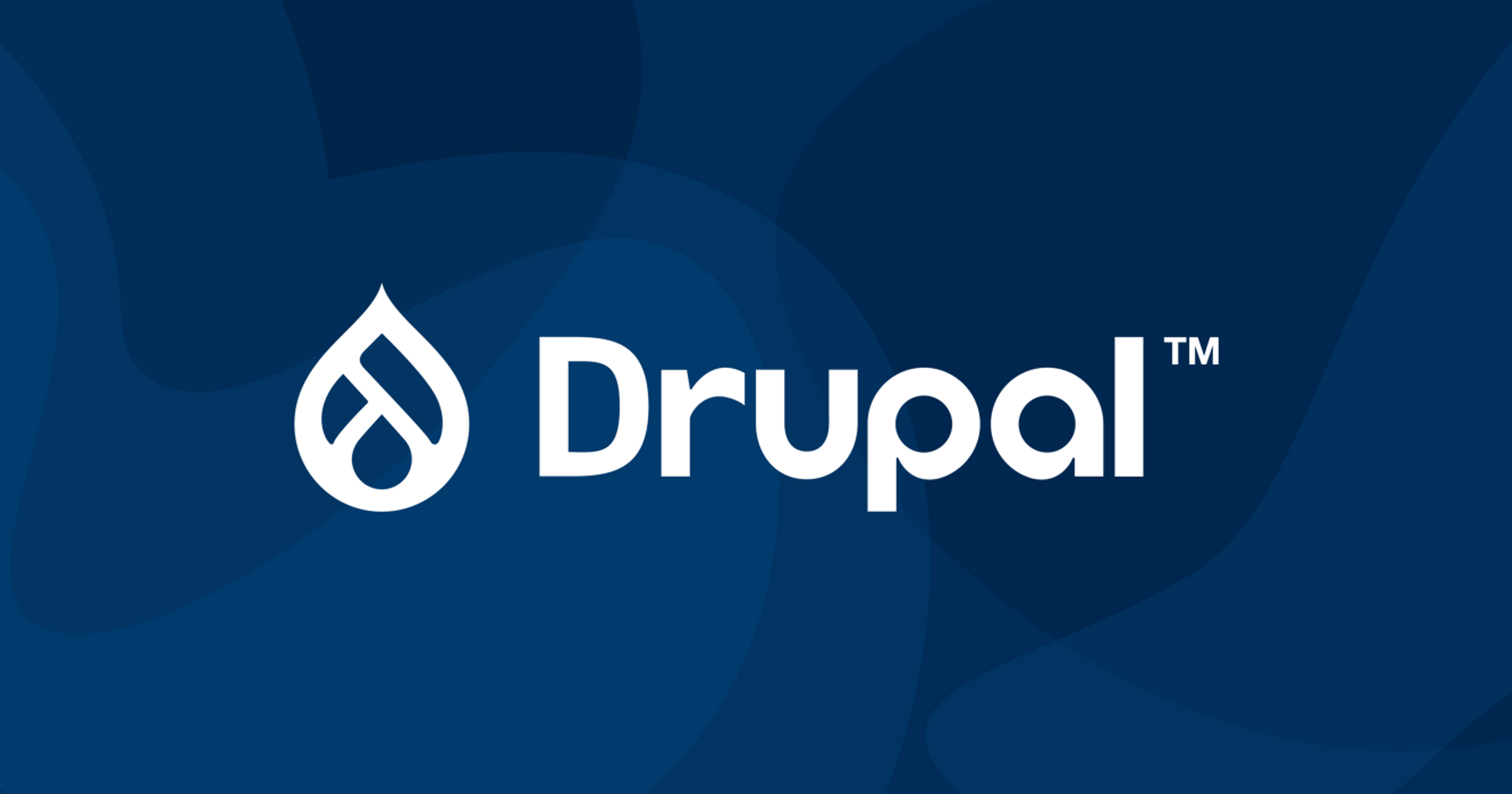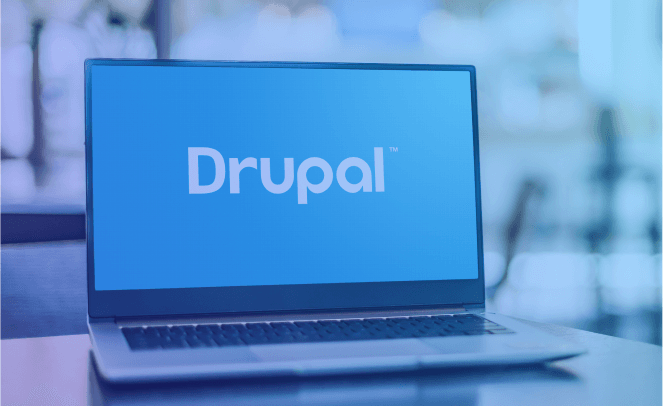- Home
- 5 Everyday Things You Didn’t Know Drupal Can Do
5 Everyday Things You Didn’t Know Drupal Can Do

10 February, 2025
When people think of Drupal, they often picture a powerful content management system (CMS) used for big corporate websites, government portals, and large-scale applications. While that’s true, Drupal is capable of much more than just managing content!
In fact, Drupal can help with things you encounter every day—from online shopping to event registrations, even powering mobile apps. Whether you're a developer, business owner, or just someone curious about technology, this article will open your eyes to some surprising ways Drupal is used in daily life.
Let's dive into five everyday things Drupal can do that you probably didn’t know about!

1. Powering Your Favorite Online Stores
Did you know? Many e-commerce websites run on Drupal! While platforms like Shopify and WooCommerce dominate the e-commerce space, Drupal Commerce is a powerful alternative for businesses that need more flexibility.
What Can Drupal Do for Online Shopping?
Create fully customized online stores with unlimited product variations.
Handle secure payments with PayPal, Stripe, or credit cards.
Manage inventory and track product availability in real-time.
Support multiple currencies & languages for global sales.
A bookstore using Drupal can sell physical books, digital downloads, and event tickets—all in one place! Customers can browse books, purchase a ticket for an author signing event, and download an exclusive eBook—all seamlessly integrated.
Pro Tip: If you need an e-commerce website with more flexibility than Shopify, Drupal Commerce is the way to go!
2. Running Event Registration & Ticketing
Think back to the last concert, seminar, or webinar you attended. You likely registered for it online—and Drupal may have powered that entire experience!
What Can Drupal Do for Events?
Set up event pages with custom registration forms.
Sell tickets (with or without QR codes for check-in).
Send automated confirmation emails with event details.
Integrate with third-party tools like Zoom, Google Calendar, and CRM platforms.
Imagine a nonprofit organization hosting a charity run. With Drupal, they can create an event page, allow people to register and pay for tickets, automatically send confirmation emails, and even track participant details—all in one system.
Pro Tip: The Webform module in Drupal makes collecting event sign-ups simple and powerful!
3. Streaming Videos & Managing Media
YouTube and Netflix dominate video streaming, but did you know that Drupal can handle video content too? Many news websites, educational platforms, and training centers use Drupal to host and manage their own on-demand video libraries.
What Can Drupal Do for Video & Media?
Host videos directly or embed from YouTube/Vimeo.
Restrict content access (for paid subscribers or members).
Organize content into playlists & categories for easy browsing.
Live stream events with real-time engagement tools.
A university using Drupal can upload lecture videos, create private content sections for students, and offer online courses—all within their Drupal-powered platform!
Pro Tip: The Media module in Drupal makes it easy to manage images, audio, and videos in one place!
4. Powering Mobile Apps
Here’s something you might not expect—Drupal can be the backend for mobile applications! While most people think of it as a website CMS, Drupal’s API-first approach makes it perfect for mobile app development.
What Can Drupal Do for Mobile Apps?
Sync data between a website and a mobile app in real-time.
Power mobile-friendly dashboards for businesses.
Allow users to submit forms, book appointments, or access content from their phones.
Integrate with third-party services like Google Maps, Stripe, and push notifications.
A restaurant chain with a Drupal-powered website can offer an app for online ordering, using Drupal’s backend to sync menu items, process payments, and manage customer orders—all connected in real-time!
Pro Tip: The JSON:API module in Drupal makes it easy to send and receive data from mobile apps!
5. Creating Personalized Learning Experiences
If you’ve ever taken an online course or training module, there’s a good chance Drupal was working behind the scenes. Many e-learning platforms and membership sites rely on Drupal to deliver customized learning experiences.
What Can Drupal Do for E-Learning?
Organize courses & lessons into structured content.
Create quizzes & assessments for interactive learning.
Restrict content access based on membership levels.
Track user progress and issue completion certificates.
A corporate training platform can use Drupal to host video lessons, allow employees to complete quizzes, and generate certificates upon course completion—all automated!
Pro Tip: The Quiz module in Drupal lets you create fun, interactive knowledge tests!
Why These Features Matter

Drupal isn’t just for building websites it’s a powerful platform that can handle real-world business needs like:
Selling products & event tickets
Managing videos & media content
Powering mobile apps
Running online courses
Whether you're a developer, business owner, or content creator, knowing how to leverage these Drupal features can save time, reduce costs, and expand opportunities.
Ready to Unlock the Full Power of Drupal?
If you want to build a powerful, flexible, and future-ready platform, Drupal is the answer!
At Geonovation.it, we specialize in:
Drupal website development
Custom module integrations
E-learning, e-commerce & app solutions
Need expert help? Contact us today to see how Drupal can transform your business!